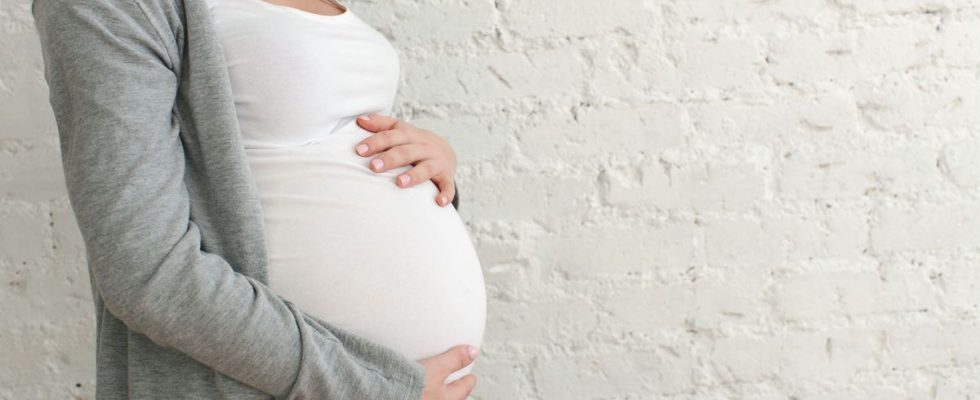Published on
Updated
Reading 2 min.
According to the results of a new study, pregnant women do not have the essential nutrients for their needs and those of their baby, normally provided through food, particularly through dairy products and meat. A situation which risks getting worse, scientists fear, with vegetarian and vegan trends which are increasingly developing.
It is possible to carry out a pre-conception medical examination, which consists of the midwife or gynecologist taking stock of the health and possible deficiencies of the future mother, before she begins pregnancy.
In fact, it is rarely carried out, because few women know about it, which perhaps also explains, in part, the results of this study, carried out by scientists from the University of Southampton. Their work shows that 90% of pregnant women included in their study lack vitamins essential for a healthy pregnancy.
Women suffering from deficiencies during their pregnancies
The scientists looked at a cohort of 1,729 women aged 18 to 38, from high-income countries such as the United Kingdom, New Zealand or Singapore, at the time of the conception of their future children.
After questioning these volunteers and analyzing them, the results showed that nine out of ten women had low levels of folate, riboflavin, vitamins B12 and D at the time of conception, and that many of them developed a vitamin deficiency. B6 at the end of pregnancy. These nutrients, found in abundance in meat and dairy products, are essential for the development of the fetus in the womb.
“A major concern” for scientists
According to the study’s lead author, Keith Godfrey, professor of epidemiology at the University of Southampton, “The prevalence of vitamin deficiencies among women trying to become pregnant in wealthy countries is a major concern. Efforts to reduce our reliance on meat and dairy to achieve net zero carbon emissions risk further depriving pregnant women of essential nutrients, which could have lasting effects on unborn children. he worries.
“Our study shows that almost all women trying to conceive had insufficient levels of one or more vitamins, and this figure will only get worse as the world moves toward a plant-based diet“. And emphasizes that, contrary to popular belief, which would like “nutritional deficiencies only affect people in underdeveloped countries”they actually also affect “the majority of women living in high-income countries“.
To avoid any risk of deficiency during pregnancy, it is therefore recommended to check with your gynecologist or midwife before conception. Researchers recommend, in addition to supplementing with folic acid (B9) if necessary, an essential vitamin to avoid serious fetal malformations, pregnant women should receive over-the-counter multivitamins to reduce nutritional deficiencies.
Before concluding that “A mother’s well-being before conception and during pregnancy has a direct influence on the infant’s health, lifelong physical development and ability to learn“.
